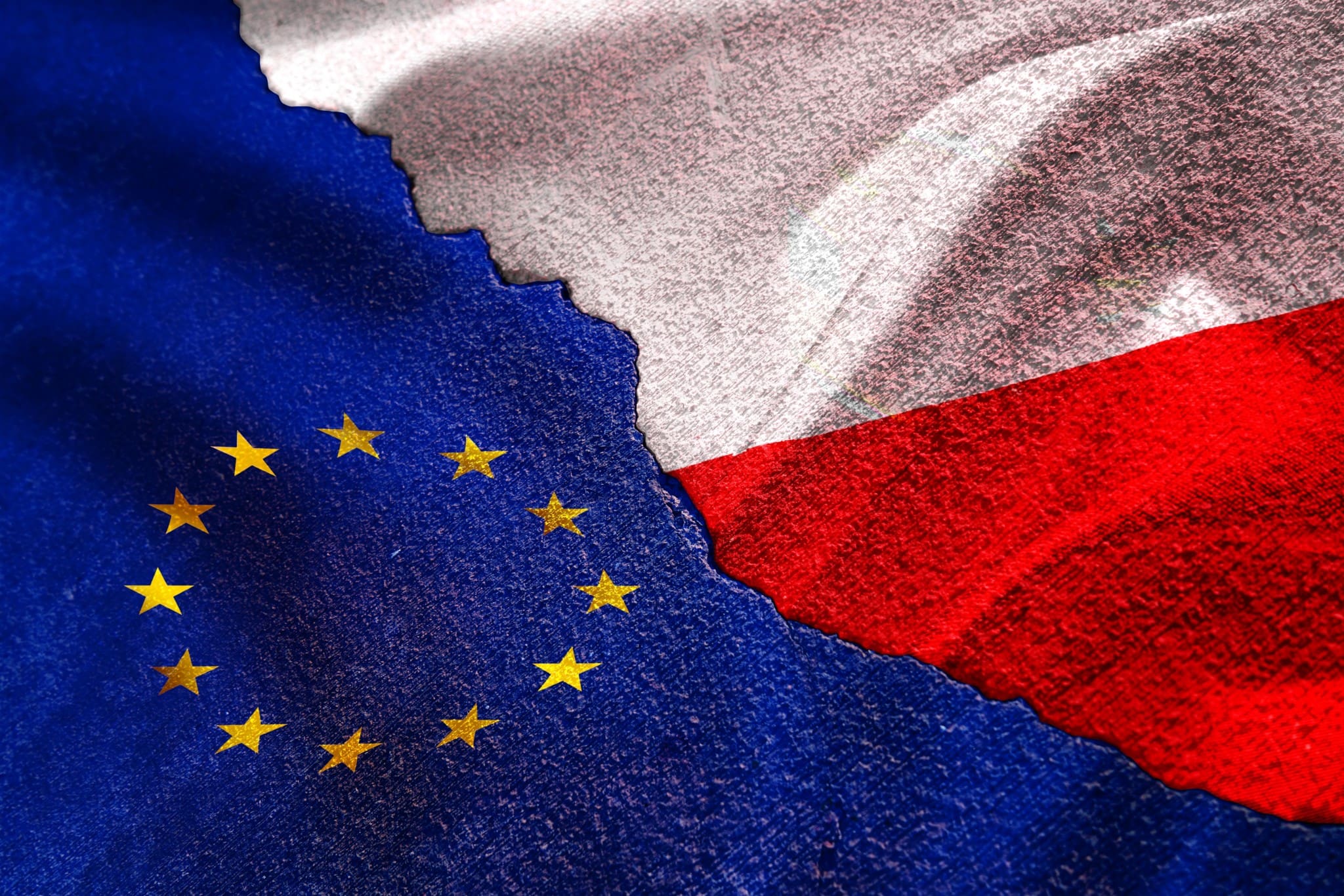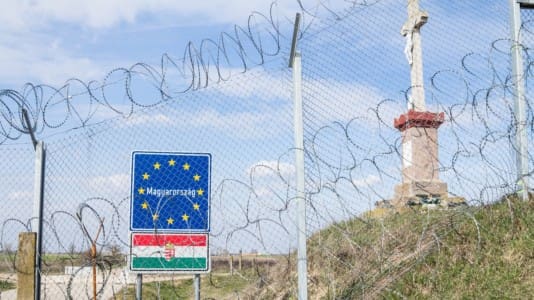Since Poland became a member of the European Union, its prime ministers have stressed how much money they have been able to extract from Brussels. Poles were encouraged to be happy about the fact Poland was a net recipient of the EU budget, as if the European Union was some form of charity.
However, that approach has had highly negative consequences. If what Poland gets from the EU is a “gift,” then surely the grantor has the right to expect something in return. And it is natural that if you receive a present, you might want to give something in return.
Poland is not getting something for nothing from the EU. This is a toxic myth that has led Poles to adopt a subservient posture towards the bloc. It breeds the notion that you shouldn’t look a gift horse in the mouth. Add to this Poland’s inferiority complex with regard to the West, and we start adopting a totally uncritical attitude towards the EU.
Poland still tends to see the European Union in purely economic terms. This is because improving our economic well-being was the primary reason for joining the EU. But it was wrong of us to assume that this would be realized through the absorption of EU funds. Even though those funds have helped us build up our infrastructure, that is not the primary source of our wealth. Work and entrepreneurship are the key, which means what is most important for Poland is access to the EU single market.
In theory, we should have full access to that market, but in reality, we face barriers in the form of protectionism from the older member states, which protect their economies against ours.
Membership in a single market is the most important aspect of our EU status, as it allows us to develop our economy without aid. Aid would make us dependent and politically too weak to resist proposals that are unfavorable to us.
Brussels is very good at exploiting Polish euro enthusiasm to morally blackmail us against concentrating on our own interests.
We need a serious debate in Poland on why we are in the EU, what are the main benefits, and how best to secure their maintenance. We should abandon our obsession with EU funds and concentrate on building strong businesses capable of competing in EU markets and on securing regulations that are good for us and not on how much money we might get from EU transfers. Those transfers are not free and they come with strings attached.






